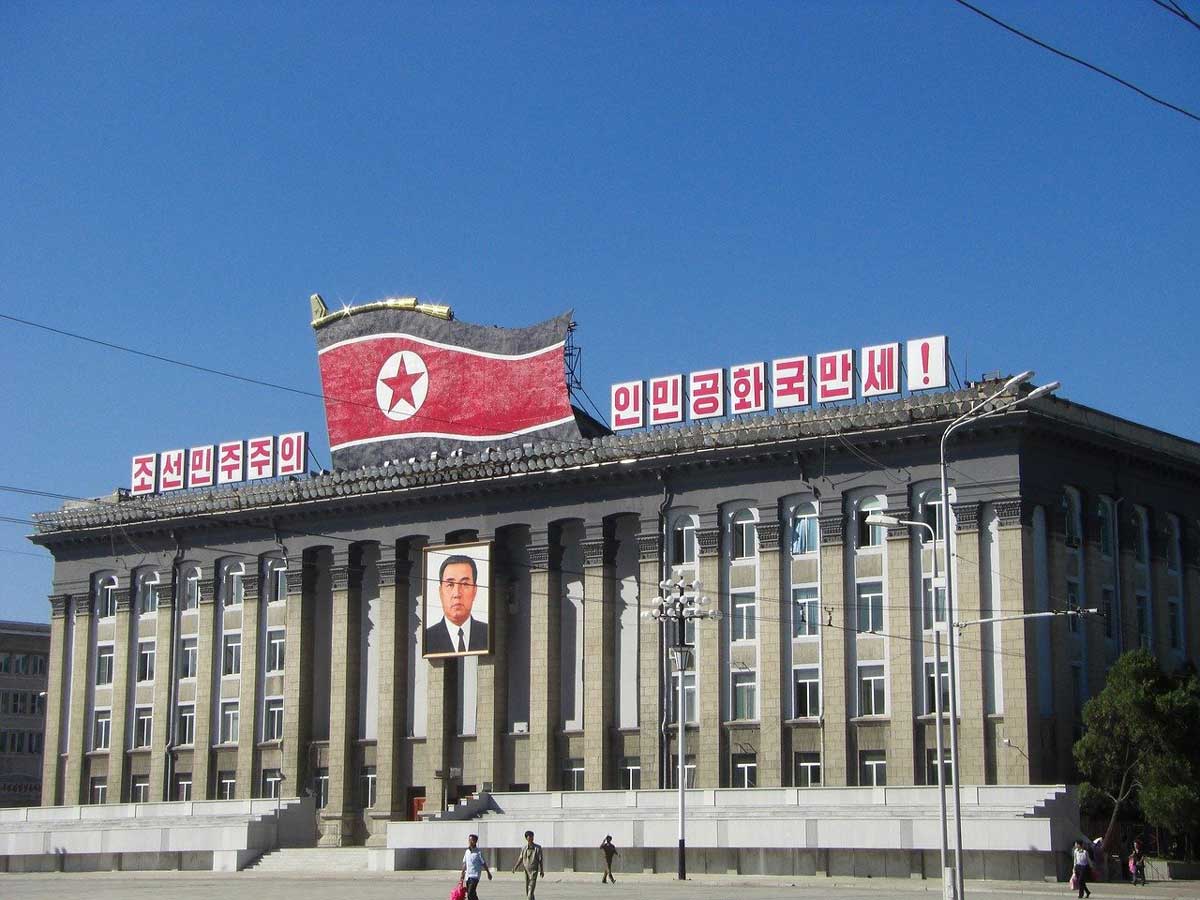North Koreans have been banned from laughing and drinking for 11 days on the tenth anniversary of the death of former leader Kim Jong Il.
Authorities have ordered the public not to show signs of happiness when North Korea commemorates his death.
Kim Jong Il ruled North Korea from 1994 until his death in 2011, and was succeeded by his third and youngest son, current leader Kim Jong Un. Now, ten years after his death, North Koreans are forced to observe an 11-day period of mourning, during which they are not allowed to laugh or drink alcohol.
“During mourning, we should not drink alcohol, laugh or engage in recreational activities,” a North Korean man from the northeastern border city of Sinuiju told Radio Free Asia (RSA).
The source added that North Koreans were not allowed to buy groceries on December 17, the anniversary of Kim Jong Il’s death.
He added: “In the past, many people who were caught drunk or drunk during mourning were arrested and treated as ideological criminals. They were taken away and never seen again. Even if a member of your family dies in mourning, you there must be no right to scream loudly, and the body must be taken out after it’s over. People cannot even celebrate their own birthdays if they are in mourning. ”
Kim Jong Il died of a heart attack on December 17, 2011 at the age of 69, having ruled the country for 17 years under a brutal and repressive dictatorship.
While the mourning that is held every year is usually 10 days, this year there will be 11 days to mark the tenth anniversary of his death.
Another source, a resident of the southwestern province of South Hwanghae, said police officers were ordered to spy on people who did not appear properly upset during mourning.
He told RSA: “From the first day of December, they have a special duty to deal with those who disturb the mood of collective mourning. This is a special monthly duty of the police. I heard that law enforcement officers do not sleep at all.”
Mourning for Kim Jong Il and his father Kim Il Sung affects the daily life of North Koreans. Residents complain that the living are forced to mourn these two dead “to death.”
Three generations of Kim have ruled North Korea since Kim Il Sung founded the country in 1948. When Kim Il Sung died in 1994, his eldest son, Kim Jong Il, inherited power. Kim Jong-un is the third and youngest son of Kim Jong-il, who came to power after his father’s death in 2011.
To commemorate the tenth anniversary of Kim Jong Il’s death, exhibitions of his photographs and concerts are held in various provinces of North Korea in his memory. A lecture and propaganda group of old soldiers, made up of ex-soldiers between the ages of 50 and 60, visit every factory, company and district guard to educate people about Kim Jong Il’s hard work and dedication.
A resident of Purion County said that lectures and performances have already begun where she lives.
She said: “It would probably be better to provide the residents with coal or firewood for the winter than lectures and propaganda, which are actually as useful as a talking parrot.”
An impoverished North Korea suffered numerous international sanctions for its nuclear weapons and ballistic missile programs and suffered from chronic food shortages for a long time. The country is facing the worst economic crisis in recent years, affected by both sanctions and the voluntary blockade of the coronary virus.
In recent months, photographs of the leader have shown him dramatically losing weight, which, according to Jenny Towne, senior fellow at the Stimson Center, “plays a role in making Kim appear more responsible to people.” Official Korean Central Television aired an interview with an unnamed citizen who said that people were “overwhelmed” by their change in appearance and that “everyone was just starting to cry” at the sight of Kim.

